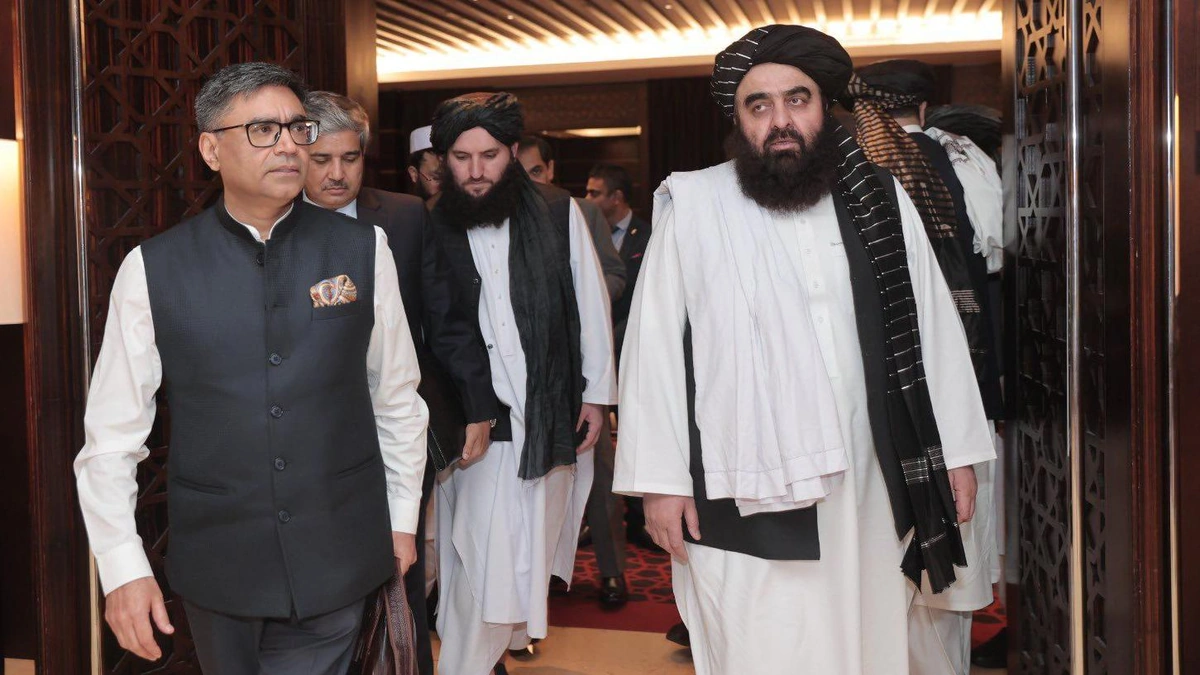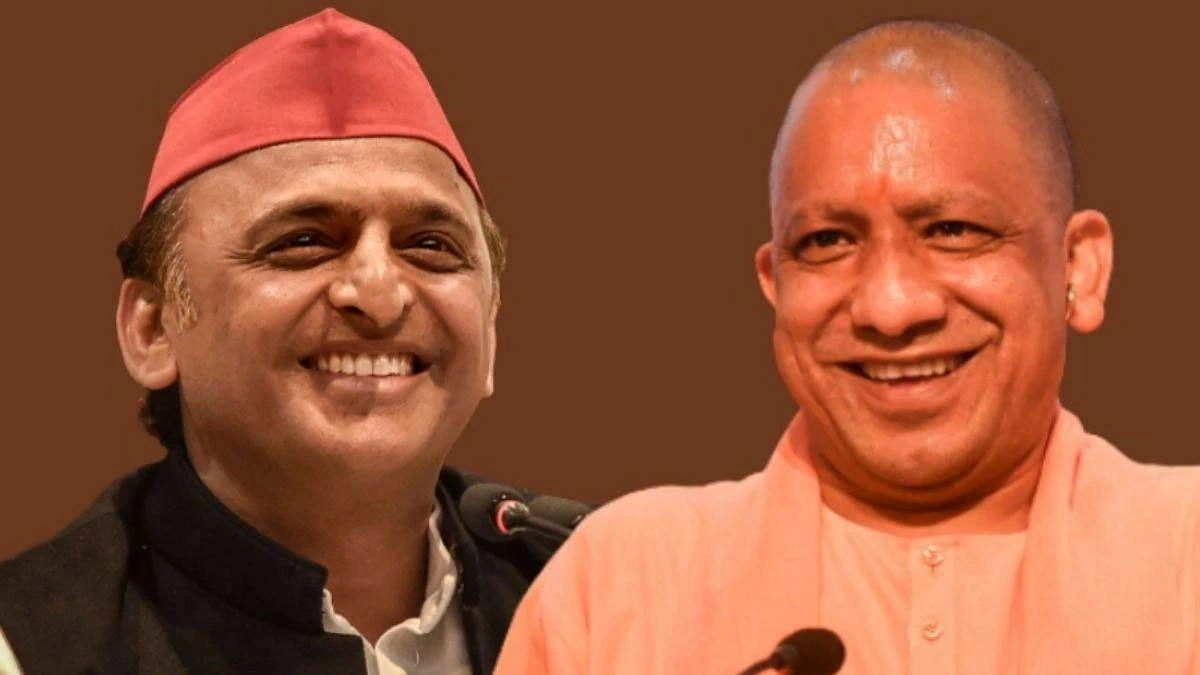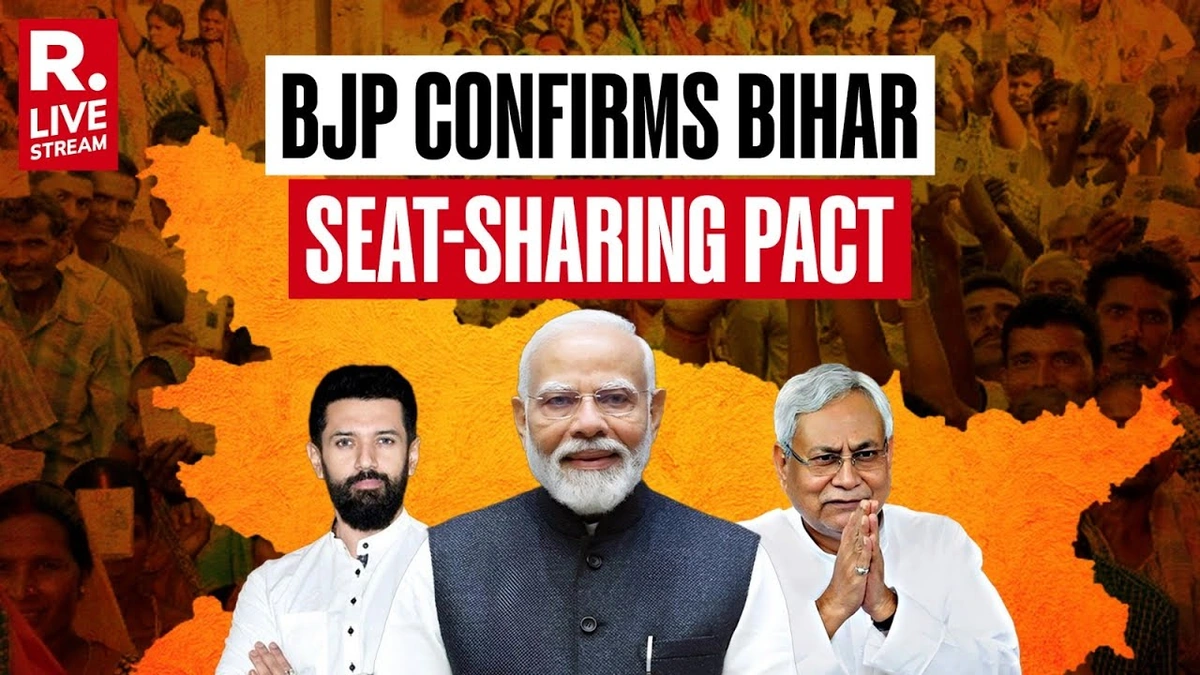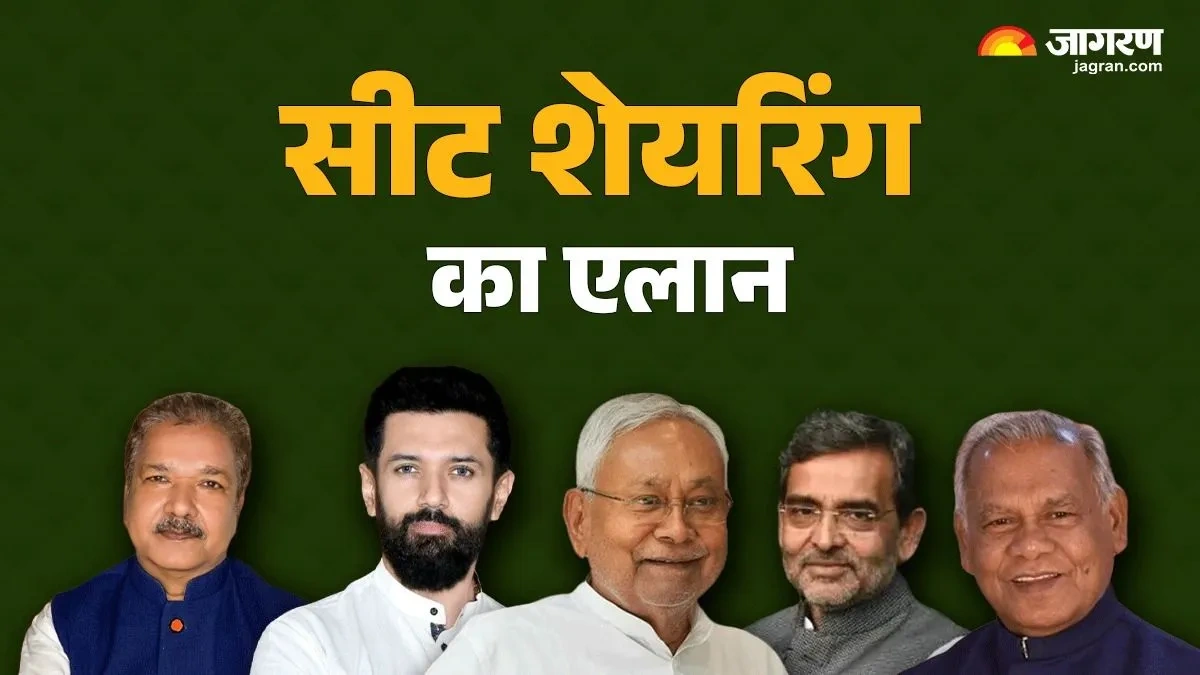India and Taliban Hint at New Relations, Isolating Pakistan Over PoK
The geopolitical landscape of South Asia is, to put it mildly, a complex tapestry. For decades, India-Taliban relations have been frosty, to say the least, marked by mutual suspicion and historical baggage. But lately, whispers of a potential thaw have started circulating – whispers that, if true, could dramatically reshape regional dynamics. What fascinates me is not just the potential for a shift, but the why behind it. What’s driving this apparent change of heart, and what does it mean for Pakistan, especially concerning Pakistan-occupied Kashmir (PoK)? Let’s dive in, shall we?
The ‘Why’ Behind the Shift | A Perfect Storm?
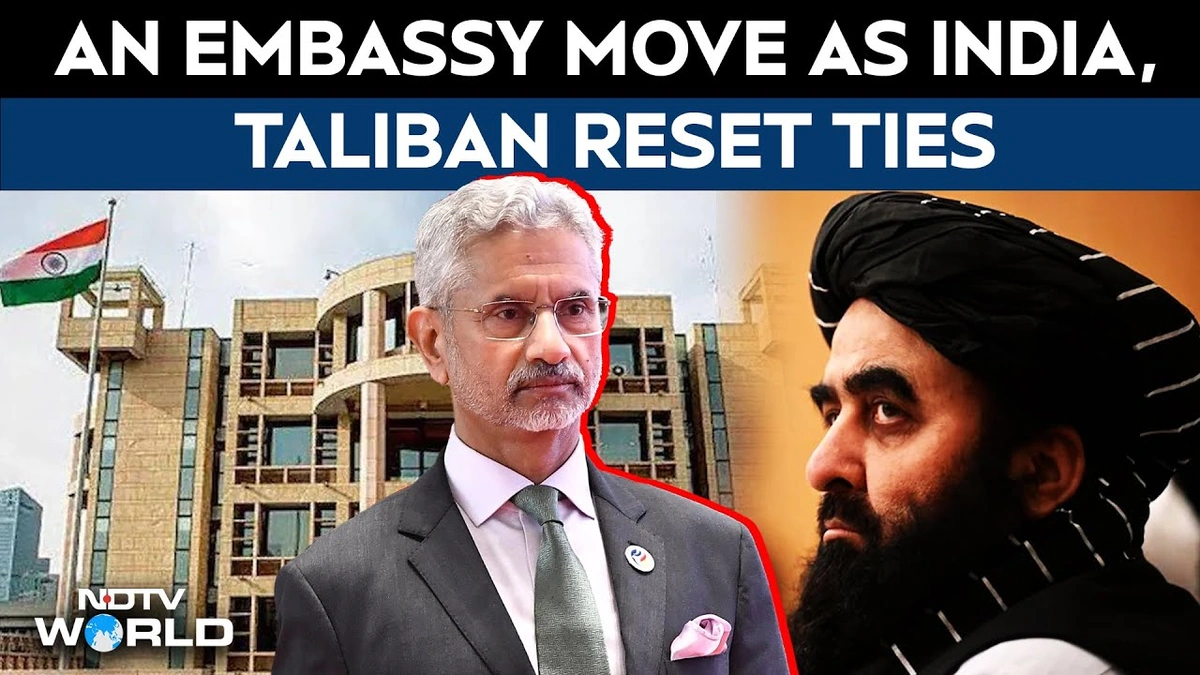
Here’s the thing: international relations are rarely black and white. What we see on the surface – official statements and diplomatic posturing – often masks a much more nuanced reality. In the case of India and the Taliban, several factors appear to be converging, creating the conditions for a possible rapprochement. Firstly, there’s the evolving geopolitical reality in Afghanistan. The Taliban’s return to power, however controversial, is a fact. Ignoring this reality isn’t a viable long-term strategy for any regional player, including India. So, engagement, even if cautious and tentative, becomes necessary. Secondly, and perhaps more significantly, is the shared concern over Pakistan’s alleged support for terrorism . Both India and elements within the Taliban have accused Pakistan of harboring and supporting terrorist groups. This shared grievance, however unlikely it might seem, provides a common ground for dialogue. This is where the isolation of Pakistan comes into play.
But it’s even more interesting. China’s growing influence in the region is undeniable. And while Beijing has maintained a working relationship with the Taliban, India needs to carve out its own space and protect its strategic interests. Engaging with the Taliban allows India to have a direct line of communication and potentially counter China’s influence in Afghanistan. So, it’s all a delicate dance, isn’t it? Power plays, strategic calculations, and historical animosities all swirling together.
PoK as the Catalyst | A Game Changer?
Now, let’s talk about Pakistan-occupied Kashmir (PoK). The disputed territory has long been a flashpoint between India and Pakistan. India has consistently maintained that PoK is an integral part of its territory, while Pakistan considers it a disputed region. The growing bonhomie between India and the Taliban might give New Delhi an edge over Islamabad. If the Taliban decides to support India’s claim over PoK, Pakistan could be in a tight spot. But, if the Taliban extends its support to the separatist groups operating in the Kashmir valley at Pakistan’s behest, India’s security establishment will have fresh challenges to deal with.
What fascinates me here is the potential for this issue to act as a catalyst. If the Taliban starts openly questioning Pakistan’s role in PoK or even lends tacit support to India’s claims, it could significantly ramp up pressure on Islamabad. This is not to say that the Taliban will suddenly become India’s staunch ally – far from it. But even a slight shift in the Taliban’s stance could have major repercussions. The political establishment in Islamabad may be rattled by a potential alliance between New Delhi and Kabul. Pakistan might be compelled to alter its foreign policy .
The Road Ahead | Cautious Optimism or Wishful Thinking?
Let’s be honest, predicting the future of India-Taliban relations is a fool’s errand. There are too many variables at play, too many unknowns. However, the recent signals – high-level meetings, expressions of mutual interest – suggest that both sides are at least willing to explore the possibility of a new chapter. However, there are reasons for both cautious optimism and skepticism. On the one hand, the shared concerns over terrorism and regional stability provide a solid foundation for dialogue. On the other hand, deep-seated mistrust and ideological differences remain significant obstacles.
I initially thought this was a straightforward power play, but then I realised the deep complexities between India’s Afghanistan policy and the Taliban’s ambitions. The key, as always, will be pragmatism. If both sides can set aside their historical baggage and focus on their shared interests, a meaningful partnership is possible. If, however, they allow mistrust and ideological differences to prevail, the current thaw could quickly turn into another deep freeze. Only time will tell. But one thing is certain: the stakes are high, and the consequences of failure could be significant for the entire region.
Navigating the Diplomatic Tightrope | Challenges and Opportunities
Here’s where things get really interesting. India faces a delicate balancing act. On one hand, it needs to engage with the Taliban to protect its interests and counter regional rivals. On the other hand, it cannot afford to compromise its values or legitimize a regime that has been widely criticized for its human rights record. This requires a nuanced approach, one that combines dialogue with a firm commitment to human rights and democratic principles. A common mistake I see people make is assuming that engagement automatically implies endorsement. It doesn’t. It simply means recognizing reality and seeking to influence it in a positive direction. This is an important aspect of Indian diplomacy .
And what opportunities might arise from this engagement? For one, it could pave the way for increased trade and investment between India and Afghanistan. Afghanistan, rich in mineral resources, could become an important trading partner for India. It could also create opportunities for India to play a more active role in the reconstruction and development of Afghanistan. But perhaps the greatest opportunity lies in the potential to foster a more stable and peaceful Afghanistan, one that is not a haven for terrorists or a pawn in regional power games.
Ultimately, the success of India’s engagement with the Taliban will depend on its ability to navigate this diplomatic tightrope with skill and determination. It will require a clear understanding of the challenges, a willingness to take calculated risks, and a unwavering commitment to its values. As per reports , the situation is dynamic and changing rapidly.
India, Taliban, and the Future of South Asia
So, what’s the big picture here? What does all this mean for the future of South Asia? The evolving relationship between India and the Taliban has the potential to reshape regional dynamics in profound ways. It could lead to a realignment of alliances, a shift in power balances, and a new era of cooperation and stability. Or, it could simply exacerbate existing tensions and lead to further conflict.
The key, I believe, lies in whether or not both sides are willing to embrace a vision of a shared future, one based on mutual respect, cooperation, and a commitment to peace. If they are, the possibilities are endless. If not, the region could be in for a very turbulent ride. And that, my friends, is something we should all be concerned about. The relationship between Afghanistan and India is important for regional stability. This evolving dynamic merits close attention and informed analysis. Pakistan’s response to this evolving India-Taliban relationship will be crucial in determining the future trajectory of the region.
FAQ
Frequently Asked Questions
What are the main reasons for India engaging with the Taliban?
India’s engagement with the Taliban is driven by a need to protect its strategic interests, counter regional rivals, and address shared concerns over terrorism.
Could the Taliban’s stance on PoK shift due to improved relations with India?
It’s possible, though not guaranteed. Any shift would significantly increase pressure on Pakistan.
What challenges does India face in balancing engagement with the Taliban and upholding its values?
India must balance protecting its interests with upholding human rights and democratic principles, requiring a nuanced diplomatic approach.
What opportunities could arise from increased trade and investment between India and Afghanistan?
Afghanistan has resources and could become an important trading partner.
How might China influence India-Taliban relations?
China’s ongoing relationship with the Taliban is another element in this complicated dynamic.
What is the potential impact of India-Taliban relations on regional stability?
It could lead to greater cooperation, or could deepen existing rifts.
